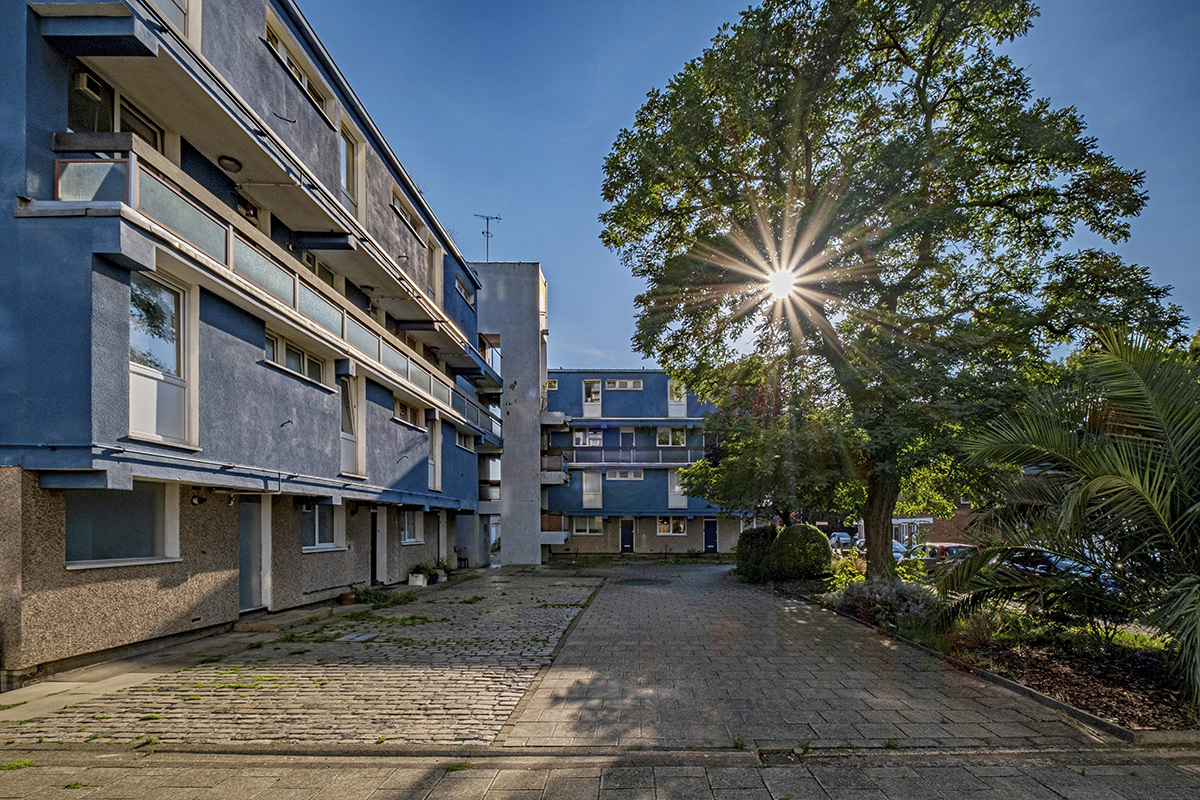You are viewing 1 of your 1 free articles
Major landlord monitoring development pipeline as completions fall
Flagship Homes has announced that it is “monitoring its development programme closely”, as its completion numbers fell compared with the same period last year.
In a stock market update covering the six months to 30 September 2022, the 32,000-home landlord said it had completed 259 new units, down from 302 during the same period in 2021.
Of the new completions, 73% were for affordable tenures.
Flagship said it needed to keep a close eye on development “to ensure [our] return on investments remains attractive and enables [us] to react proactively to changing economic conditions”.
“The new-build market remains challenging, with material shortages, labour supply constraints and construction price inflation all impacting the delivery of new homes,” the update said.
It added that Flagship had invested £42.8m – up from £33.6m during the same period last year – to focus on damp and mould in social homes.
“The group is focused on identifying and reducing damp and mould issues within our properties through targeted investment in building-fabric improvements, insulation and airflow systems, and monitoring through smart technology,” the update said.
The impetus to spend on improving stock, in relation to building safety and decarbonisation programmes as well as improving living standards, is adding to the financial pressures social landlords face.
Flagship was among 14 housing associations the Regulator of Social Housing downgraded from V1 to V2 for financial viability this month amid tough operating conditions.
Current difficult economic conditions were also cited as being behind the recent cancellation of a potential three-way merger between Flagship and two other East of England landlords: BPHA and Futures Housing Group.
A statement issued in October by the three associations said the financial climate had undermined their aspirations to “boost social housing provision and services in the region” by formally joining forces.
In its half-year update, Flagship said cost inflation and increased repairs and maintenance expenditure had reduced its operating margin slightly, to 34.8%.
Its operating surplus was £44.1m, down from £47.9m over the same period last year, while turnover was £127m, up 4.6% on £121.4m for the six months to 30 September 2021.
Customer satisfaction continued to improve year on year, Flagship’s update said, while rent arrears fell slightly from 5.29% in September 2021 to 4.82% in September 2022.
The association said the arrears reduction had mostly been driven by early intervention by housing teams, enabling it to support tenants experiencing hardship better.
As part of the stock-market update, the landlord revealed that David Armstrong, its chief financial officer, will take up a new role as chief operating officer.
As a result, Jonathan McManus will step up from group finance director to interim chief financial officer.
Mr Armstrong said Flagship had “delivered a robust set of results for the first half of the year, despite higher levels of cost inflation and increased expenditure on repairs and maintenance, demonstrating our resilient financial position underpinned by healthy liquidity”.
He added: “Maintaining compliant, high-quality, affordable homes within the sector has, once again, been brought into focus by recent news stories, and Flagship continues to proactively invest in our housing stock to ensure we continue to build upon our position as a responsible landlord.”











